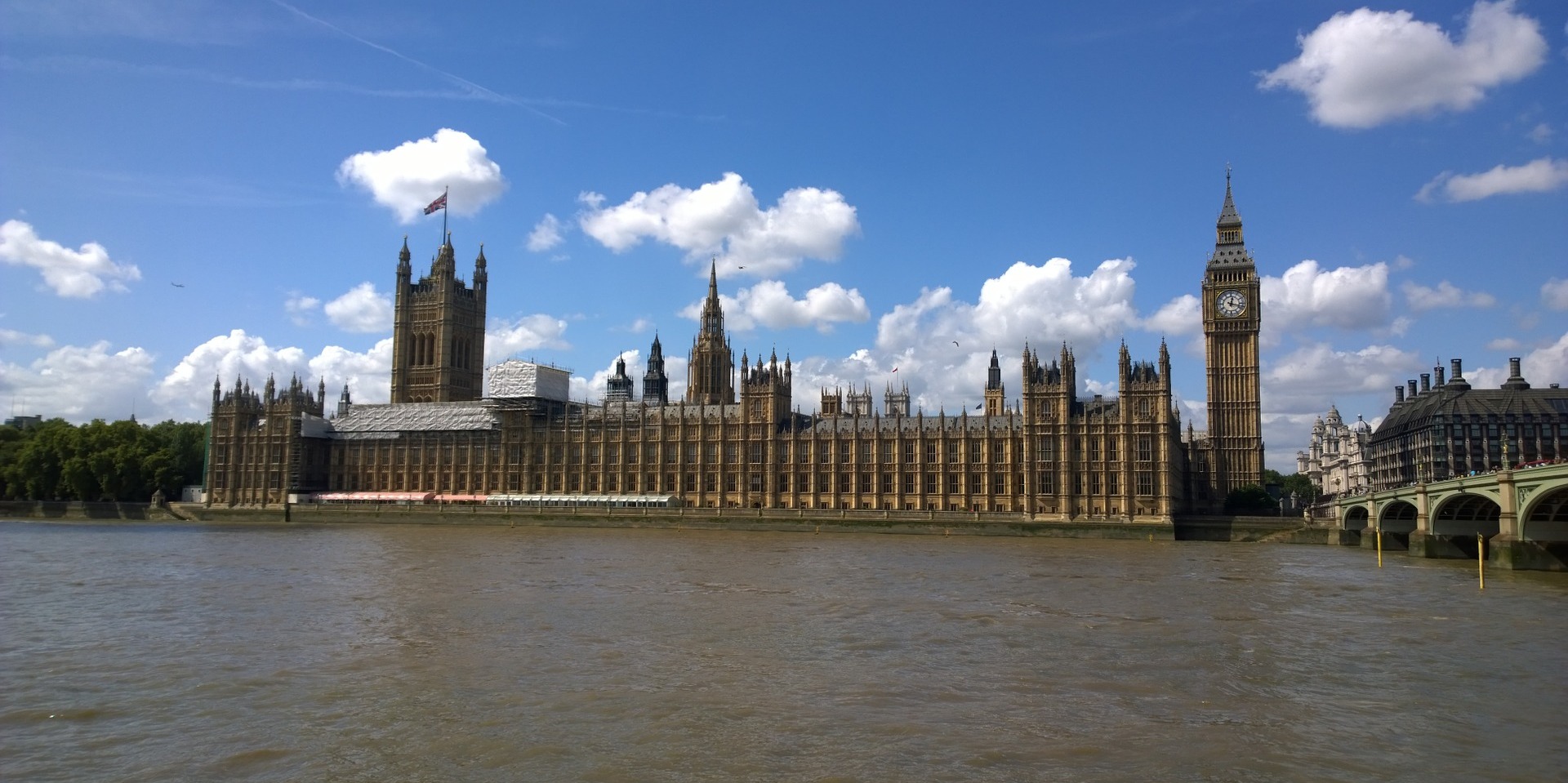Spring Statement 2022
Posted on 29th March 2022 at 09:27
On Wednesday 23rd March 2022 the Chancellor, Rishi Sunak announced the details of the Spring Statement to the House of Commons. With inflation at 6.2%, a thirty year high, the Chancellor anxiously delivered his statement on the economy and on tackling the rising cost of living, in particular for those families and households in financial need.
We have covered a brief summary of the main points:
State of Economy / Public Finances
Annual inflation of 6.2% (for the twelve months to February 2022) is expected to average 7.4% for the remainder of the year
Economic growth has been revised down from 6% and is now forecast to grow by 3.8% this year, with forecasts of growth of 1.8% in 2023, 2.1% in 2024, 1.8% in 2025 and 1.7% in 2026
The government has forecast to spend £83 billion on debt interest in the next financial year, the highest on record. Debt as a percentage of GDP is anticipated to reduce from 83.5% in 2022/2023 to 79.8% in 2026/2027
The rate of unemployment is anticipated to be lower over the next couple of years than of that previously forecast
Cost of Living
Motorists - Cutting the fuel duty by 5p per litre until March 2023 (from 6pm on 23rd March 2022)
Energy Efficiency - Homeowners installing energy efficient materials, which include insulation, solar panels and heat pumps. With a VAT cut from 5% to 0% for five years (quoted as an average saving of £300.00 per year)
Local Authorities will receive a further £500 million from April 2022 to help those most vulnerable with rising living costs, described as a 'Household Support Fund', worth a total of one billion pounds
Tax Plan
An increase of £3,000.00 to the National Insurance (NI) threshold to £12,570 in July 2022, this being the point at which people will pay National Insurance, set to be worth over £330.00 a year - NOTE Employees NI only
Income Tax - Basic Rate to be cut from 20p to 19p in the pound by 2024
Employment Allowance - New tax cut from April 2022 which provides relief to smaller businesses National Insurance payments, through an increase of the allowance of £1,000 to £5,000
The Chancellor pledged to help businesses, described as through:
People - Apprenticeship review
Capital - Investments such as R&D reforms
Ideas - Looking at the future to increase business productivity here in the UK
Share this post:



